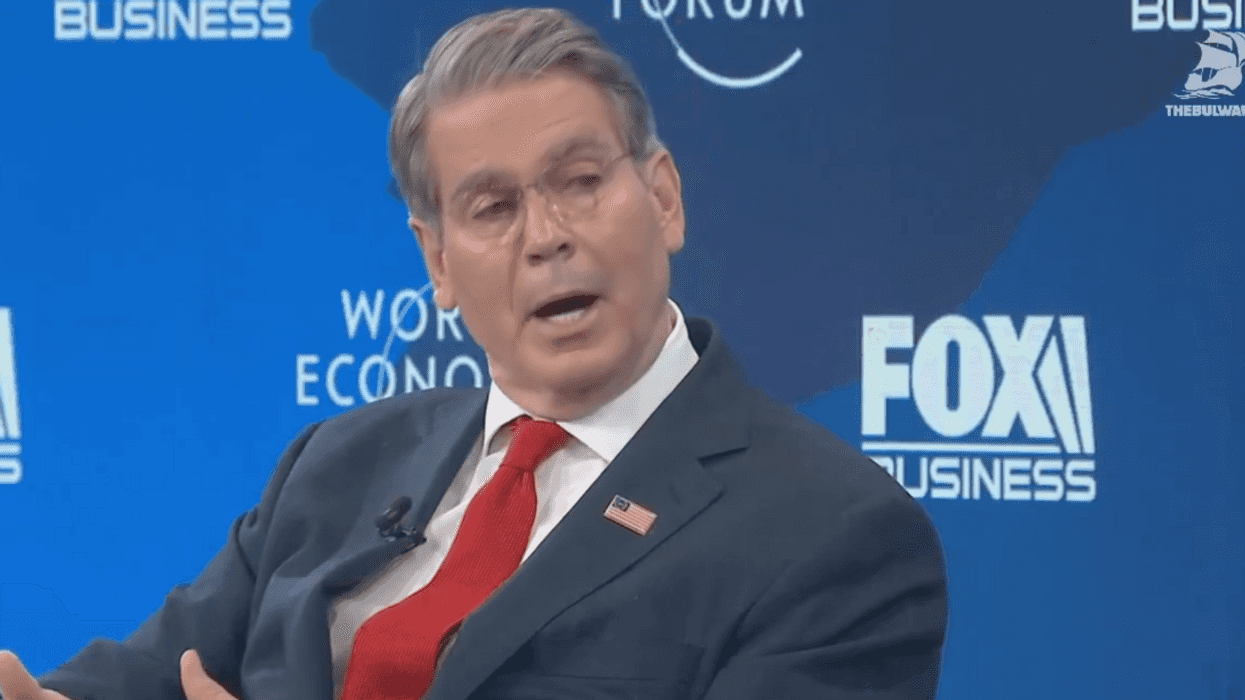Kentucky Republican Senator Rand Paul criticized President Donald Trump's strike on a boat he alleged was transporting illegal narcotics bound for the U.S., noting that the strike, which killed 11 people on board, was wrong because "even the worst people" should "still get a trial."
Trump announced Tuesday that U.S. forces had destroyed a vessel he claimed had departed Venezuela and was operated by the Tren de Aragua cartel, carrying drugs bound for the United States.
So far, U.S. defense officials have declined to provide details on the strike or clarify the legal authority under which it was carried out.
While the U.S. is not a signatory to the United Nations Convention on the Law of the Sea, military legal advisers have said Washington generally seeks to act in line with its provisions. Under the convention, states are barred from interfering with vessels in international waters, except under limited circumstances such as “hot pursuit” of a ship fleeing a country’s territorial waters.
And Paul was firm that "off our coast it isn't our policy to just blow people up." He said:
"This brings up a question: We assume these people were bad people and drug dealers but if they stopped the boat off Miami, we would stop the boat, they don't shoot at us, we don't shoot at them, they're confiscated, they're put in jail, they go through to a trial to prove what they were doing and if they have 20 pounds of cocaine or heroin or something on the boat they'll be convicted."
"The reason we have trials though and don't automatically assume guilt is what if we make a mistaken and they happen to be people fleeing Venezuela, the Venezuelan dictator? I think probably if we had the facts correct ... but that's the reason why off our coast it isn't our policy to just blow people up."
"We don't blow up ships entering our waters unless they're hellbent on attacking another ship or unless they are resisting with gunfire and we arrest people. It is difficult because obviously they're bad people and we want something bad to happen to them but typically, even the worst people in our country, if we accuse someone of a terrible crime, they still get a trial, they get a lawyer, they get their day in court."
After Schmitt said that "in our country it does feel like a war," citing statistics that show that 100,000 Americans die from drug overdoses each year, Paul responded:
"But it's also why in our country, war is the exception. So when we have a war, it was intended we declare war via a big vote in our Congress ... it's a little harder here because this is a crime and this is a criminal syndicate."
"Listen, no love lost for the people who died, who are trying to infiltrate our country with this filth but at the same time you have to realize that it's not as simple as it may sound, like, 'Oh, let's just kill drug dealers.' Sometimes you have to figure out who people are before you kill them."
You can hear what Paul said in the video below.
Many concurred with Paul's assessment.
The Trump administration has escalated pressure on Venezuelan President Nicolás Maduro in recent weeks, offering a $50 million reward for information leading to his arrest on drug-trafficking charges. Maduro, in turn, has vowed that Venezuela would resist any U.S. military intervention.
After Trump shared footage of the strike, Venezuelan communications minister Freddy Ñáñez alleged—without evidence—that the video was generated with artificial intelligence. Reuters reported that its preliminary review found no signs of manipulation, though its verification was ongoing.
Experts warn that targeting alleged members of the Tren de Aragua cartel could violate international law on the use of force. Under Article 2(4) of the U.N. Charter, states may resort to force only in self-defense. Trump has previously accused the cartel of engaging in “irregular warfare” against the U.S., and the State Department has designated it a Foreign Terrorist Organization.
Domestically, the White House may also face scrutiny over whether the strike was lawful under U.S. law. The Constitution grants Congress the sole power to declare war, though Article II names the president as commander in chief of the armed forces.
Trump officials have cited that authority to justify prior unilateral strikes, including against Iran. But constitutional experts remain divided over whether it extends to operations against non-state actors like drug cartels.

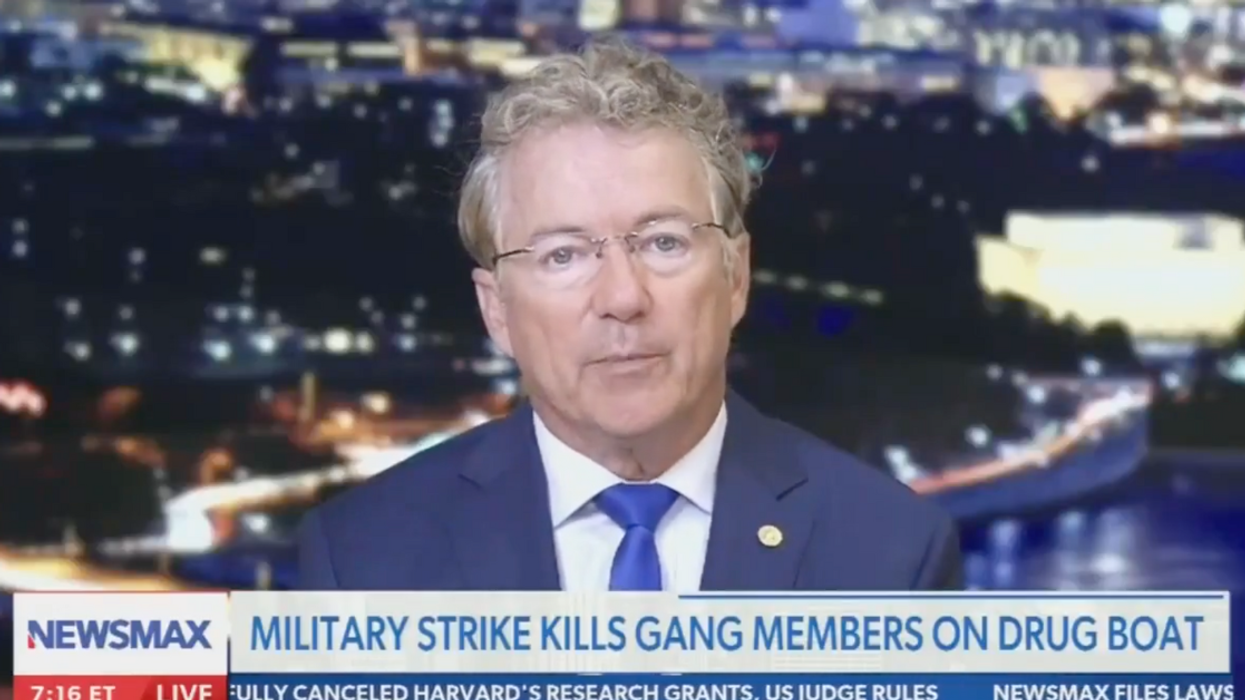



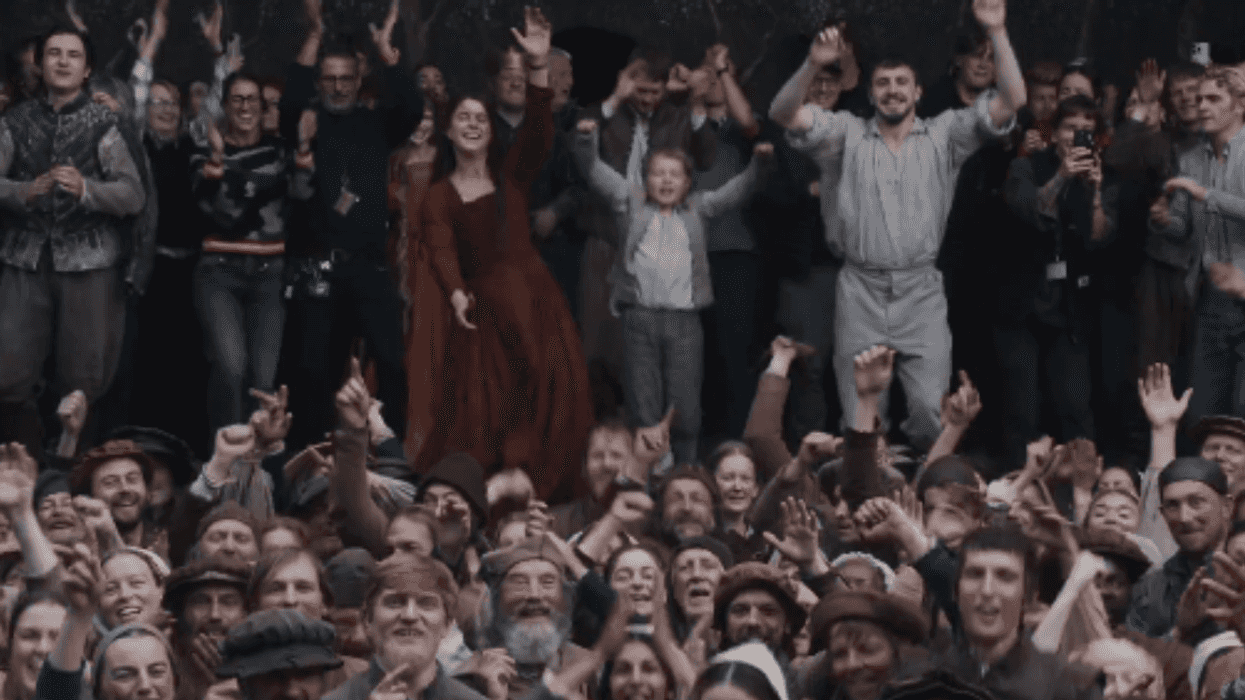
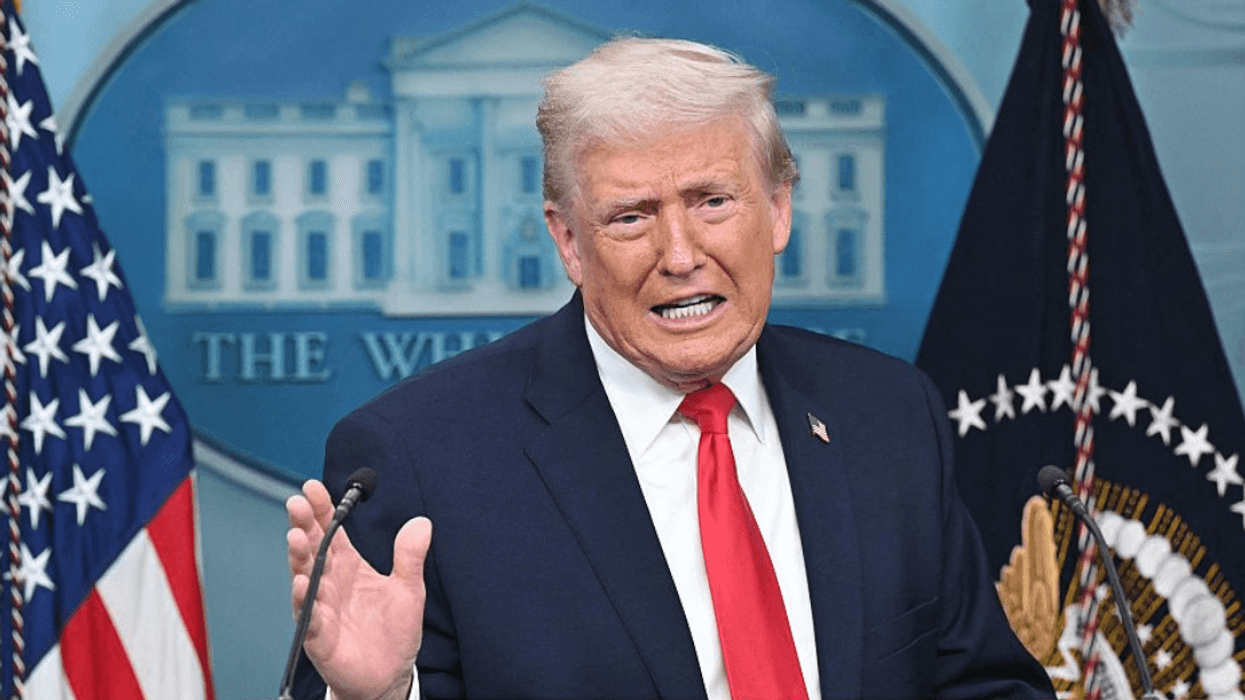
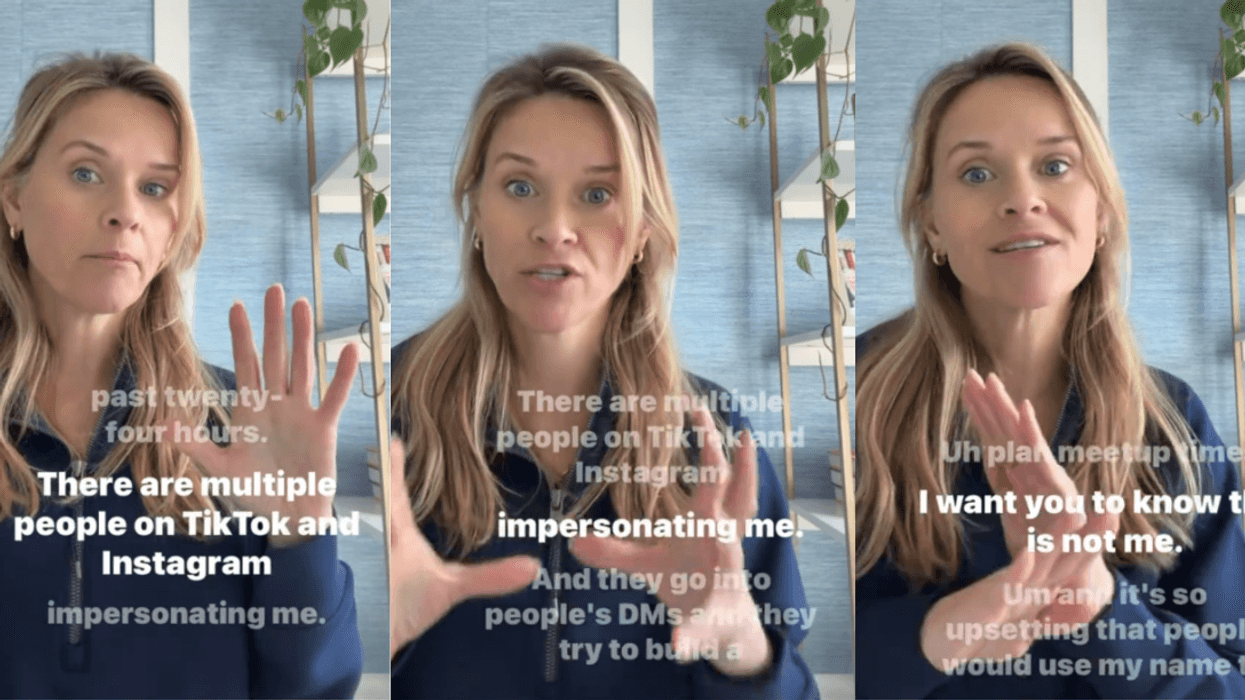
 @reesewitherspoon/TikTok
@reesewitherspoon/TikTok @reesewitherspoon/TikTok
@reesewitherspoon/TikTok @reesewitherspoon/TikTok
@reesewitherspoon/TikTok @reesewitherspoon/TikTok
@reesewitherspoon/TikTok @reesewitherspoon/TikTok
@reesewitherspoon/TikTok @reesewitherspoon/TikTok
@reesewitherspoon/TikTok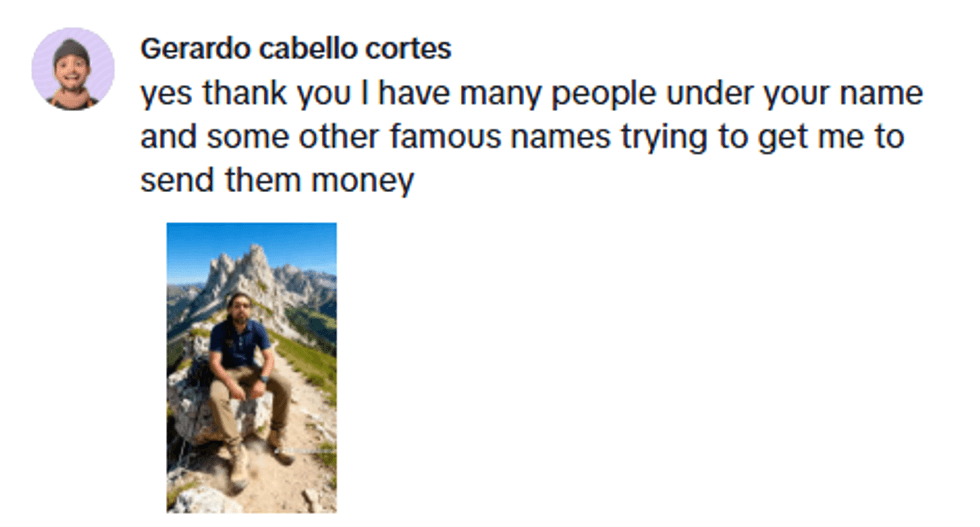 @reesewitherspoon/TikTok
@reesewitherspoon/TikTok @reesewitherspoon/TikTok
@reesewitherspoon/TikTok @reesewitherspoon/TikTok
@reesewitherspoon/TikTok @reesewitherspoon/TikTok
@reesewitherspoon/TikTok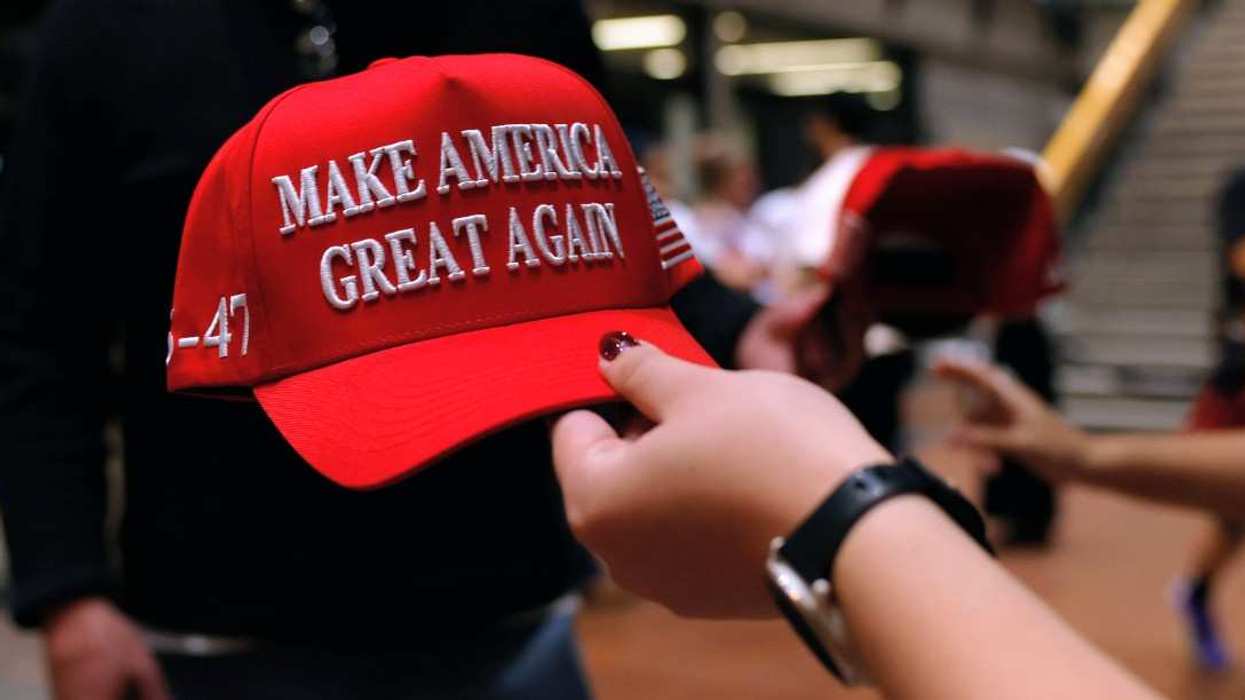
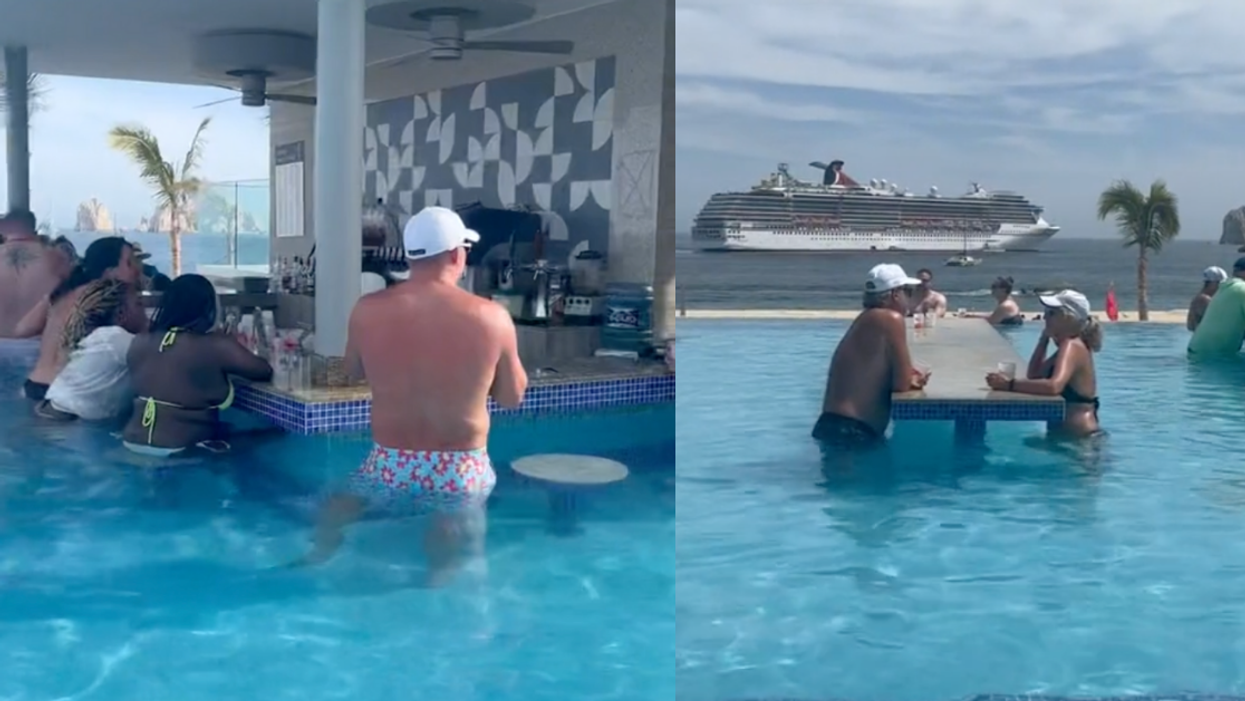
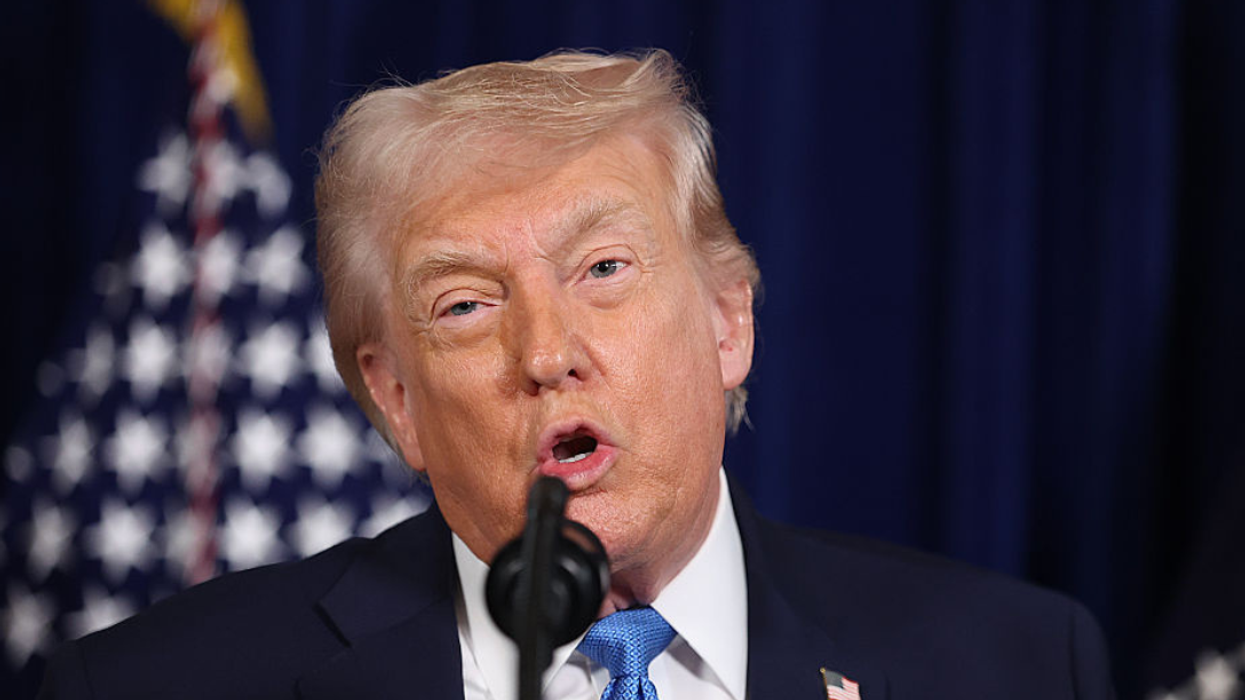
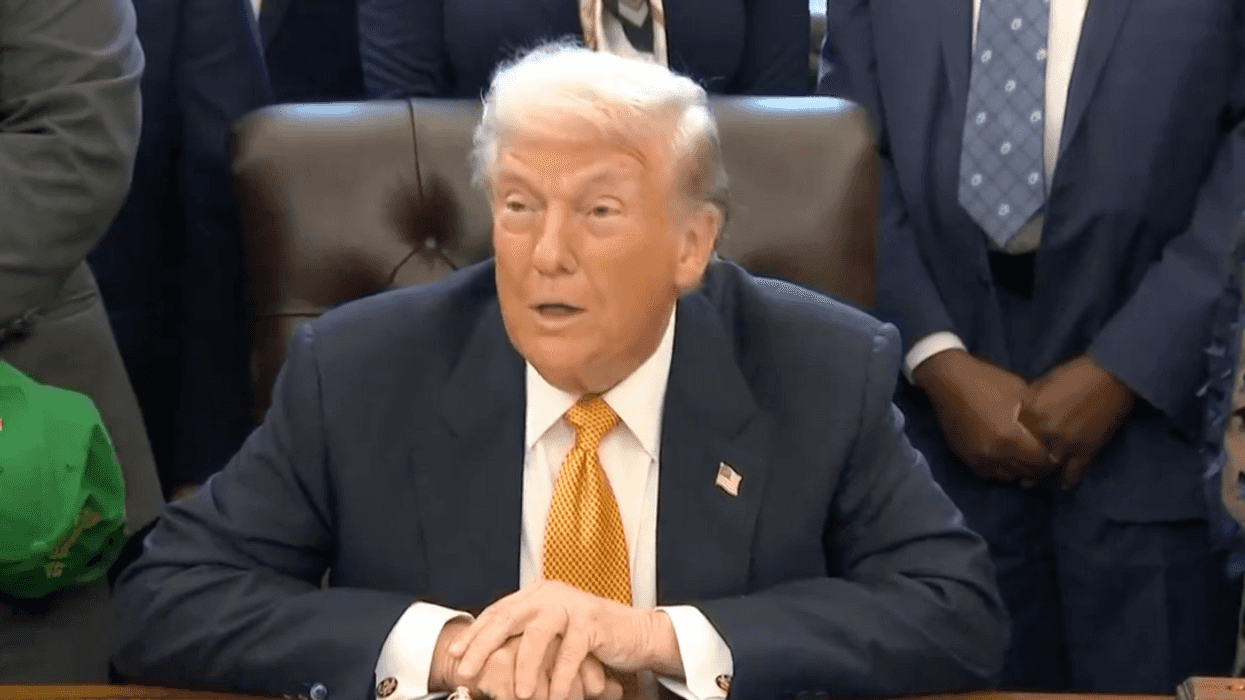
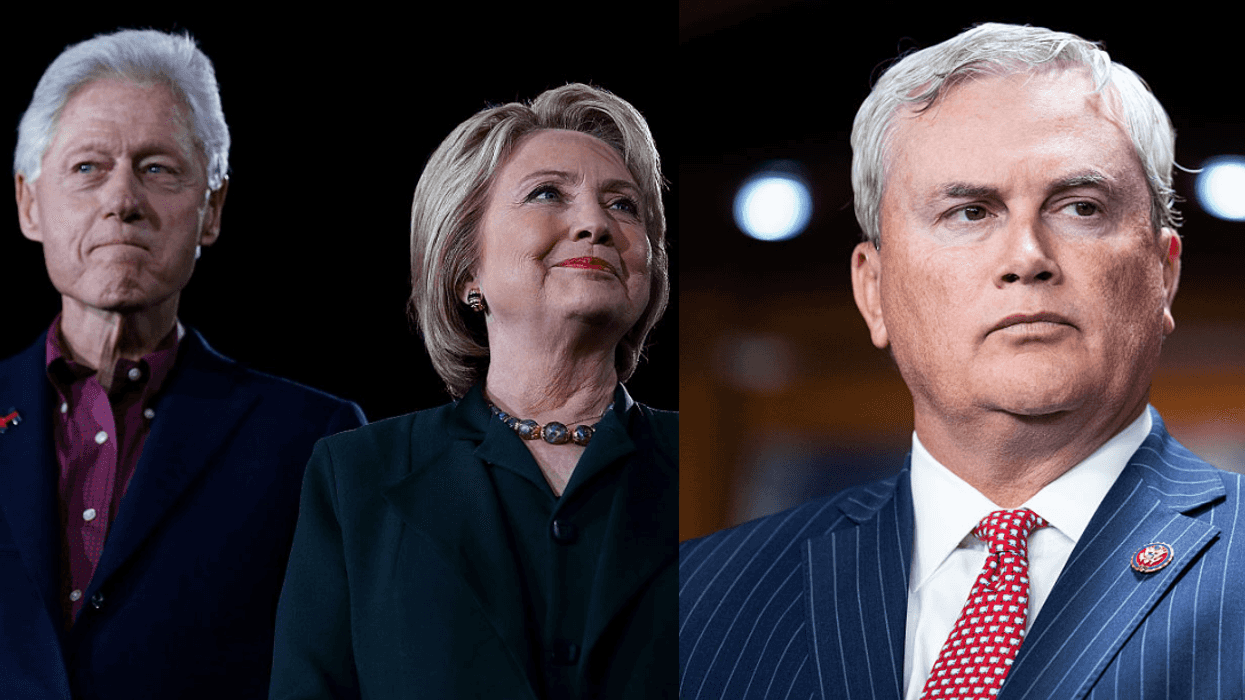
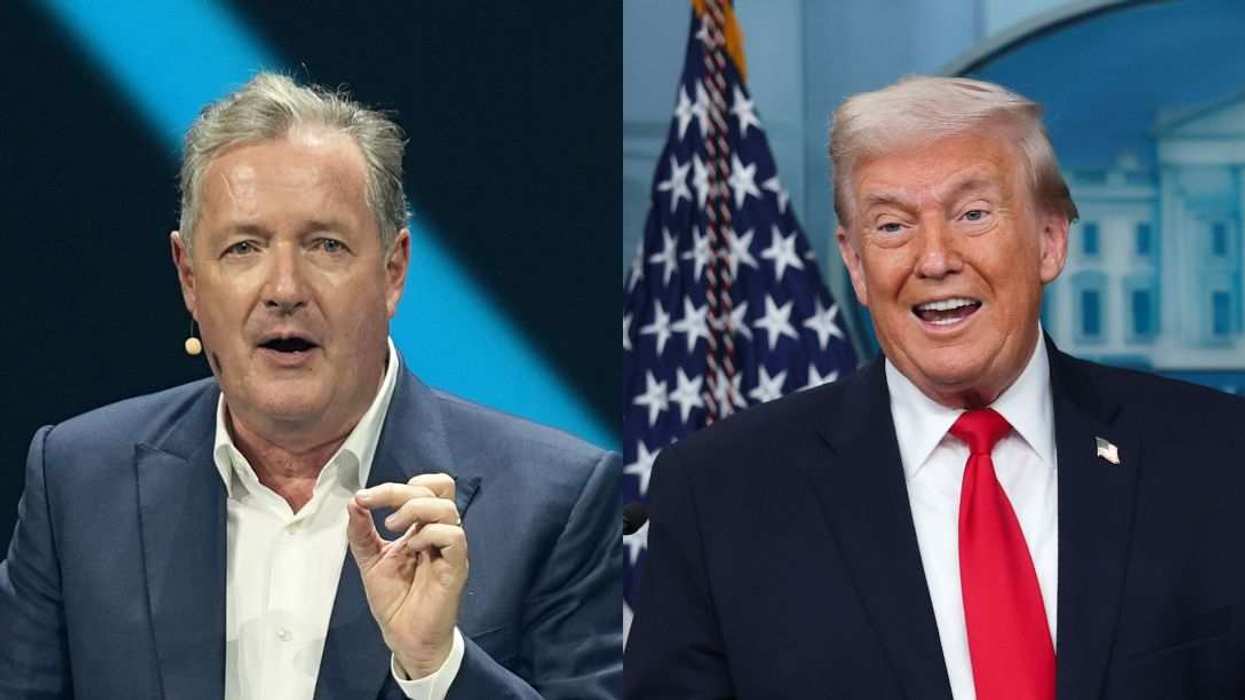

 @refinery29/Instagram
@refinery29/Instagram @refinery29/Instagram
@refinery29/Instagram @refinery29/Instagram
@refinery29/Instagram @refinery29/Instagram
@refinery29/Instagram @refinery29/Instagram
@refinery29/Instagram @refinery29/Instagram
@refinery29/Instagram @refinery29/Instagram
@refinery29/Instagram @refinery29/Instagram
@refinery29/Instagram @refinery29/Instagram
@refinery29/Instagram @refinery29/Instagram
@refinery29/Instagram @refinery29/Instagram
@refinery29/Instagram @refinery29/Instagram
@refinery29/Instagram @refinery29/Instagram
@refinery29/Instagram @refinery29/Instagram
@refinery29/Instagram @refinery29/Instagram
@refinery29/Instagram @refinery29/Instagram
@refinery29/Instagram @refinery29/Instagram
@refinery29/Instagram @refinery29/Instagram
@refinery29/Instagram @refinery29/Instagram
@refinery29/Instagram r/Fauxmoi/Reddit
r/Fauxmoi/Reddit r/Fauxmoi/Reddit
r/Fauxmoi/Reddit r/Fauxmoi/Reddit
r/Fauxmoi/Reddit r/Fauxmoi/Reddit
r/Fauxmoi/Reddit r/Fauxmoi/Reddit
r/Fauxmoi/Reddit r/Fauxmoi/Reddit
r/Fauxmoi/Reddit r/Fauxmoi/Reddit
r/Fauxmoi/Reddit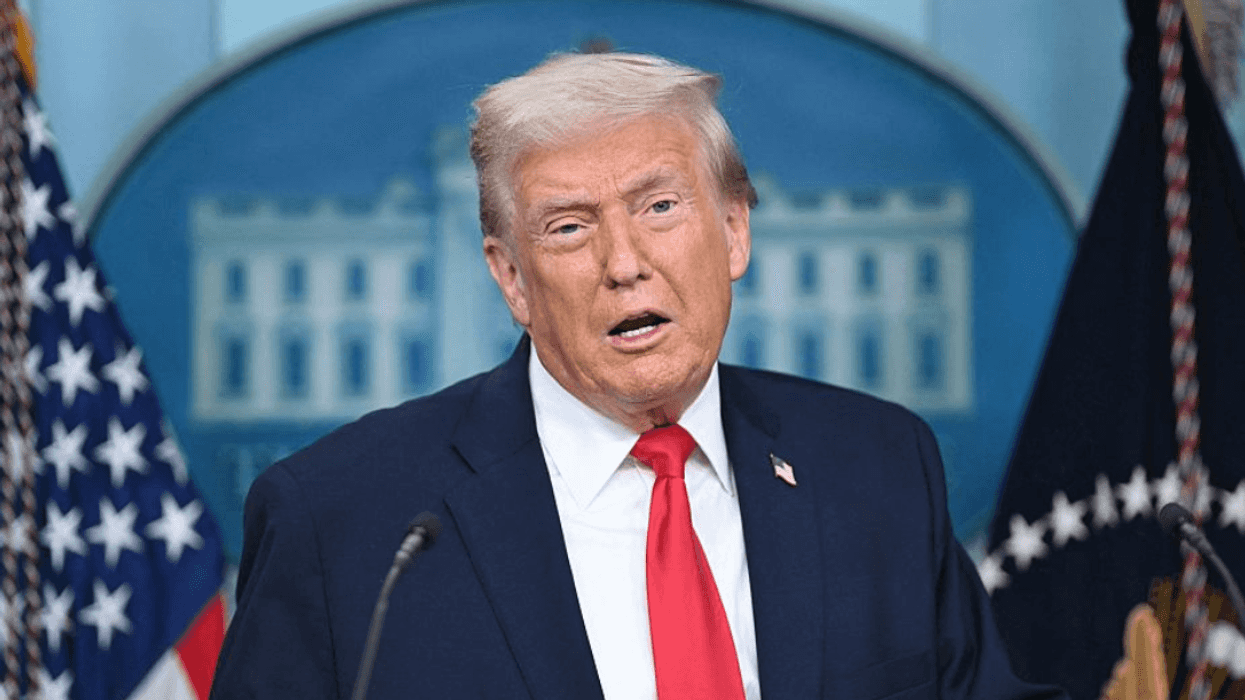
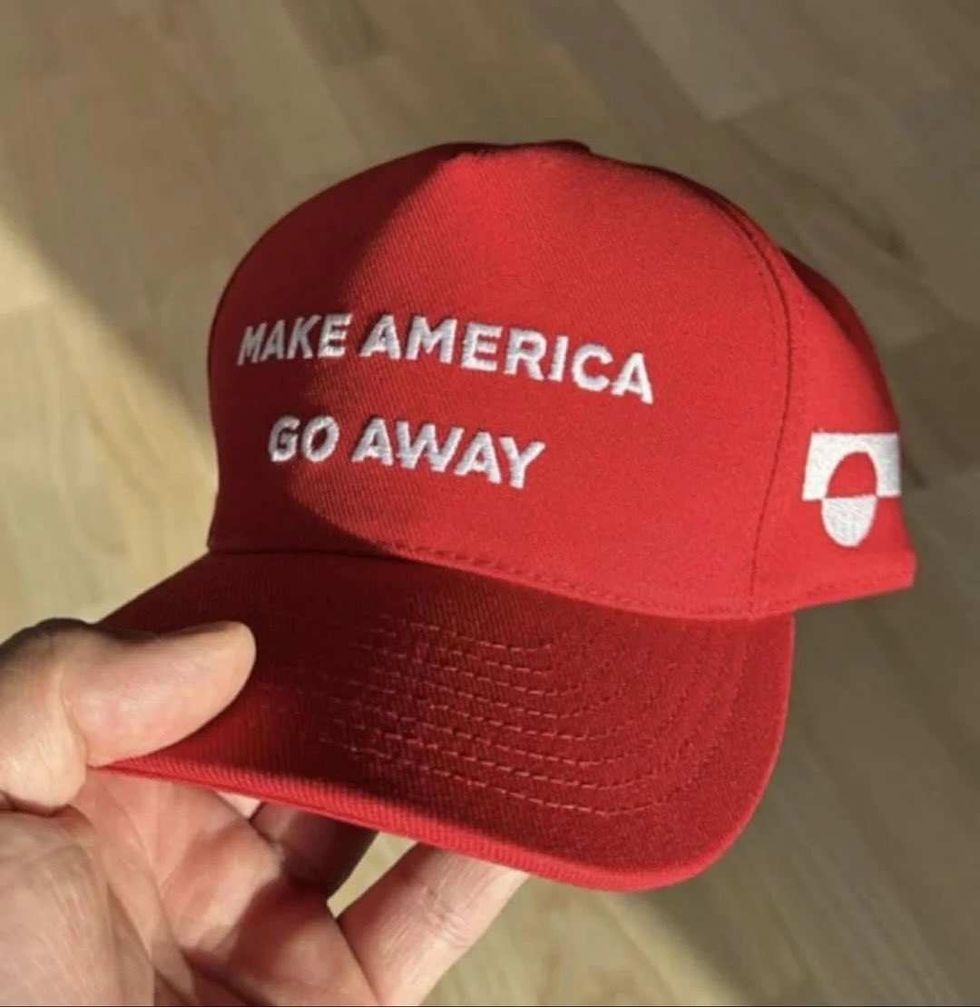 @allenanalysis/X
@allenanalysis/X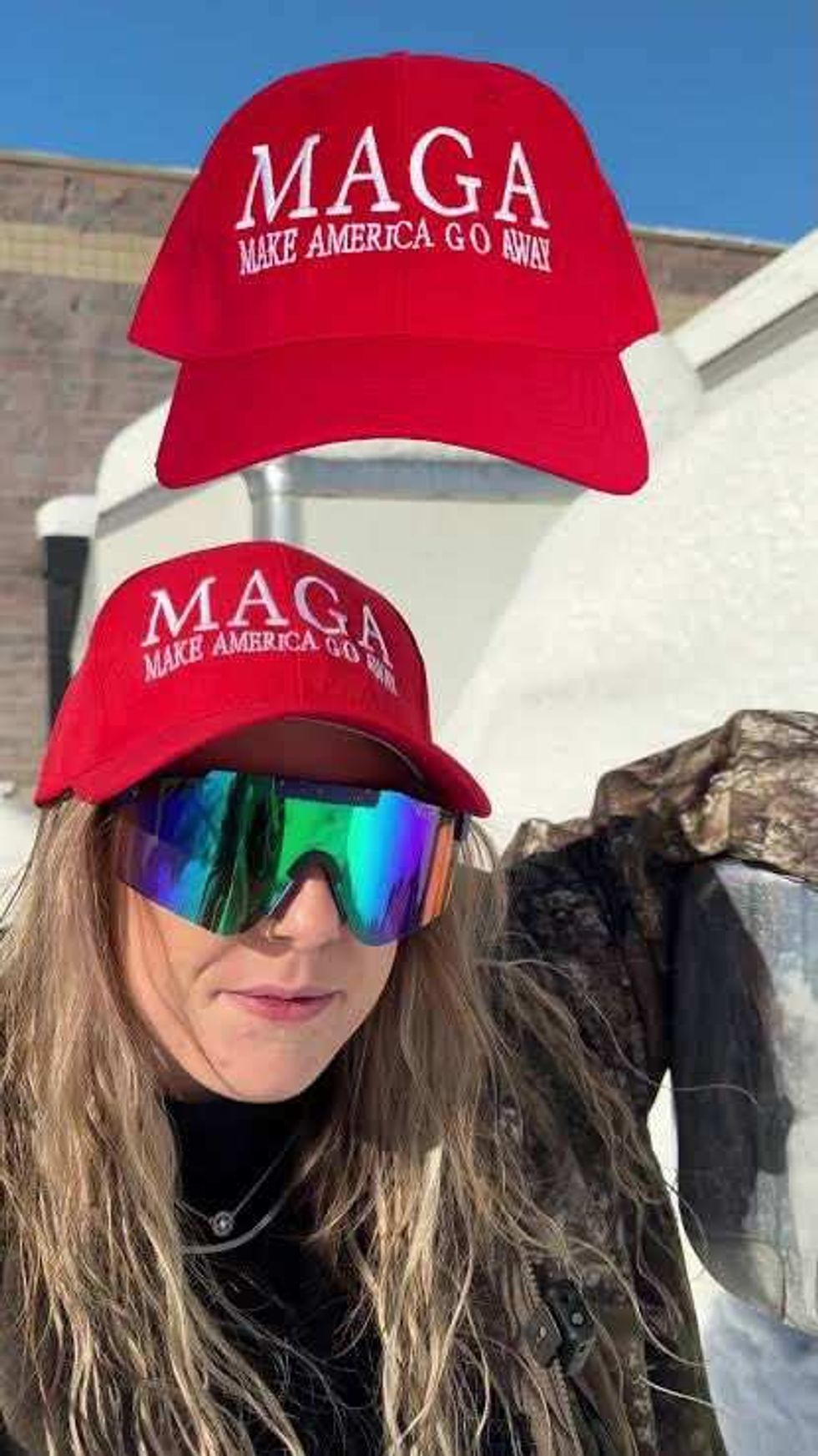 @allenanalysis/X
@allenanalysis/X